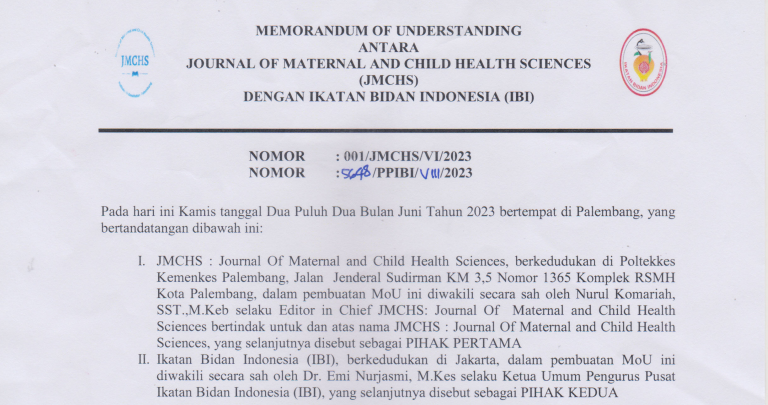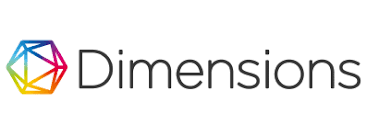The Relationship Of Knowledge Of Public Mothers About Brestfeeding Techniques With The Event Of Blocked Nipples
Abstract
Background: The puerperium (puerperium) is the period that begins after the placenta comes out and ends when the uterine organs return to their original state (before pregnancy) which lasts for about 6 weeks (Sulistyawati, 2017). Six weeks during the puerperium, a woman's body will experience changes, namely adaptation from the period of pregnancy and childbirth, until it gradually returns to its pre-pregnancy state (Bahiyatun, 2016). During the postpartum period, there is an activity that can bring its own happiness to the mother, namely breastfeeding where the mother feels that she has become a mother so that she can breastfeed her baby with her own breast milk which creates a sense of happiness for the mother herself.Methods: The design of this study used an analytical research design with a cross sectional approach in PMB Nurul Husna, Am.Keb, Sunggal District, Deli Serdang Regency, there are 47 postpartum mothers. The type of sampling used in this study is total sampling where the entire population is the sample in the study as many as 47 postpartum mothers. Results The results of the Chi-Square test are known to be Asymp (2-sided) 0.003 < 0.005, so based on the basis of the decision above, it can be seen that H0 is rejected and Ha is accepted. Then it can be seen that "There is a relationship between knowledge of postpartum mothers about breastfeeding techniques with the incidence of cracked nipples at the Trismalia Laut Dendang Primary Clinic in 2022.

This work is licensed under a Creative Commons Attribution-ShareAlike 4.0 International License.
Authors who publish with this journal agree to the following terms:
- Authors retain copyright and grant the journal right of first publication with the work simultaneously licensed under a Creative Commons Attribution License that allows others to share the work with an acknowledgement of the work's authorship and initial publication in this journal.
- Authors are able to enter into separate, additional contractual arrangements for the non-exclusive distribution of the journal's published version of the work (e.g., post it to an institutional repository or publish it in a book), with an acknowledgement of its initial publication in this journal.
- Authors are permitted and encouraged to post their work online (e.g., in institutional repositories or on their website) prior to and during the submission process, as it can lead to productive exchanges, as well as earlier and greater citation of published work












